Stop Your Child’s Hitting and Biting: The Emotion Coaching Method That Actually Works
Your Toddler Just Bit Another Child at Playgroup—Now What?
You’re mortified. Everyone’s staring. Your sweet little angel just turned into what feels like a tiny tornado of teeth and fists. But here’s a shocking truth that’ll change everything: 93% of parents handle aggression in ways that actually make it worse.
What if I told you there’s a proven method that not only stops the hitting and biting today but creates calmer, more emotionally intelligent children for life? You’re about to discover the emotion coaching approach that transforms meltdowns into breakthroughs.
Why Your Child Isn’t “Bad”—They’re Overwhelmed
Before you panic about your child’s future, let me share something that’ll instantly shift your perspective:
- No child wants to hit or hurt
- No child wants to disappoint you
- No child wants to be labeled the “bad kid”
When your child hits, bites, or throws, they’re desperately communicating that the emotional demands are bigger than their tiny coping skills. They need your help, not your shame.
Five Game-Changing Truths About Toddler Aggression
1. All Behavior Is Communication (Yes, Even Biting)
Think about it—biting gets results fast! Your child isn’t plotting evil; they’re using the most effective communication tool they know.
2. Aggression Is Normal (Your Child Won’t End Up in Jail)
If your toddler hits, you haven’t failed as a parent. This phase is developmentally normal for most children.
3. They Don’t Want to Hurt Anyone
Your child is in a dysregulated state. Their brain is hijacked by big emotions, and they need your calm presence to find their way back.
4. Getting It Wrong Never Feels Good
Disappointing you breaks your child’s heart. They need empathy from you to start feeling regulated again, not lectures about their behavior.
5. Regulation Comes Before Teaching
You can’t reason with a dysregulated child. Only after they feel calm can you coach them toward better choices.
What NOT to Say When Your Child Hits (These Make Things Worse)
Stop using these phrases immediately:
- “When you hit, it makes Mommy feel sad” (This teaches your child they’re responsible for your emotions)
- “Gentle hands” (Your child already knows this—they need help with the emotion, not the rule)
- “We don’t hit in this family” (They just did hit, so this feels like a lie to them)
The Four-Step Method That Actually Works
Step 1: Stop the Action If Possible
Your child needs your help to regain control. Step in calmly but firmly.
Step 2: Contain Your Child
Hold them safely or create physical boundaries. This isn’t punishment—it’s protection.
Step 3: Show Empathy and Compassion
“You’re having such big feelings right now. I’m here to help you.”
Step 4: Start Emotion Coaching
Help them identify and process what they’re experiencing.
How to Handle Your Child’s Worst Insults (Without Losing Your Mind)
When They Scream: “Go Away! Leave Me Alone!”
You say: “You’re feeling awful, and you want these feelings to stop. I hear you, and I’m going to stay with you. I’m right here when you’re ready.”
When They Declare: “You’re the Worst Mom in the World!”
You say: “You’re so disappointed I said no. I really get why that made you feel angry at me.”
When They Shout: “I Hate You!”
You say: “I hear how upset you are—this is so hard. I love you, and it’s okay to be furious with me.”
The Five-Step Emotion Coaching Method That Changes Everything
Step 1: Notice Lower-Intensity Emotions
Catch disappointment before it becomes rage. Watch for early signs of frustration.
Step 2: See Emotions as Teaching Opportunities
Every meltdown is a chance to build your child’s emotional intelligence.
Step 3: Communicate Understanding
“I see you’re frustrated because…” This validates their experience.
Step 4: Help Them Find Words
“It sounds like you’re feeling…” Give them the vocabulary for their emotions.
Step 5: Problem-Solve Together (If Needed)
Remember: all feelings are okay, but some behaviors aren’t.
The Life-Changing Benefits Your Child Will Experience
When you consistently use emotion coaching, here’s what happens:
Immediate Results:
- Fewer escalations because you catch emotions early
- Faster recovery from meltdowns
- Stronger parent-child connection
Long-Term Transformation:
- Children learn self-regulation skills by age 4-5
- Better emotional intelligence throughout life
- Increased cooperation and trust with parents
Research Shows: Children who receive emotion coaching have 23% fewer behavioral problems and score higher on emotional intelligence tests.
Your Next Steps Start Today
You don’t have to implement everything at once. Start with these three simple changes:
- This week: Practice the four-step method during one daily conflict
- Next week: Add emotion coaching responses to your child’s big feelings
- Month three: Focus on catching lower-intensity emotions before they escalate
Remember, you’re not just stopping hitting and biting—you’re building your child’s emotional superpowers. Every moment of connection during their storms teaches them they’re loved, understood, and capable of growth.
The transformation begins today, takes root tomorrow, and blooms into a lifetime of emotional resilience.
Ready to turn your child’s biggest meltdowns into your most powerful parenting moments? Download our free “Emotion Coaching Cheat Sheet” with scripts for 10 common scenarios—because every parent deserves to feel confident when emotions run high.




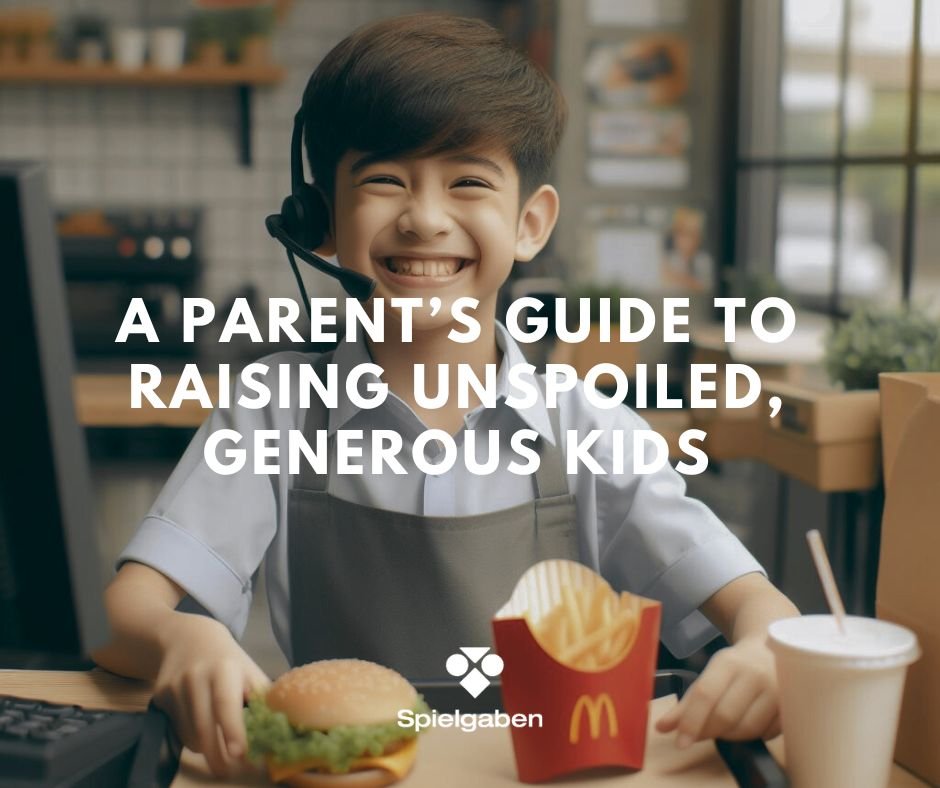


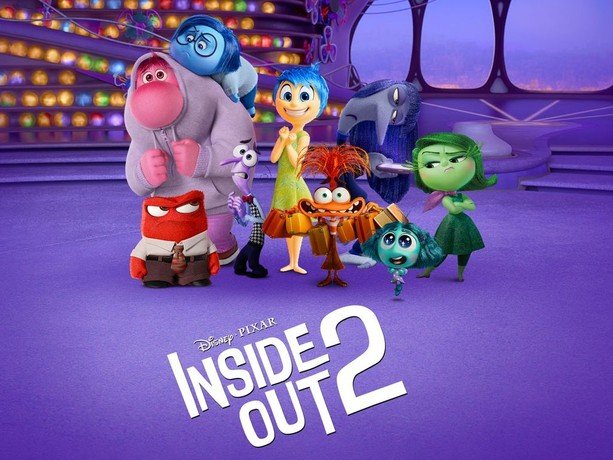

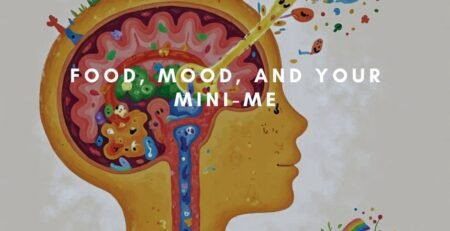
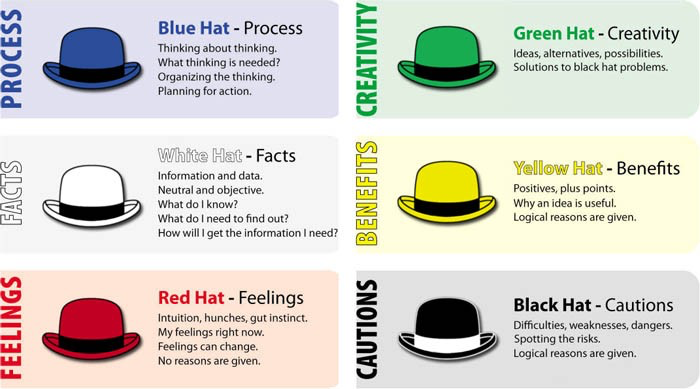
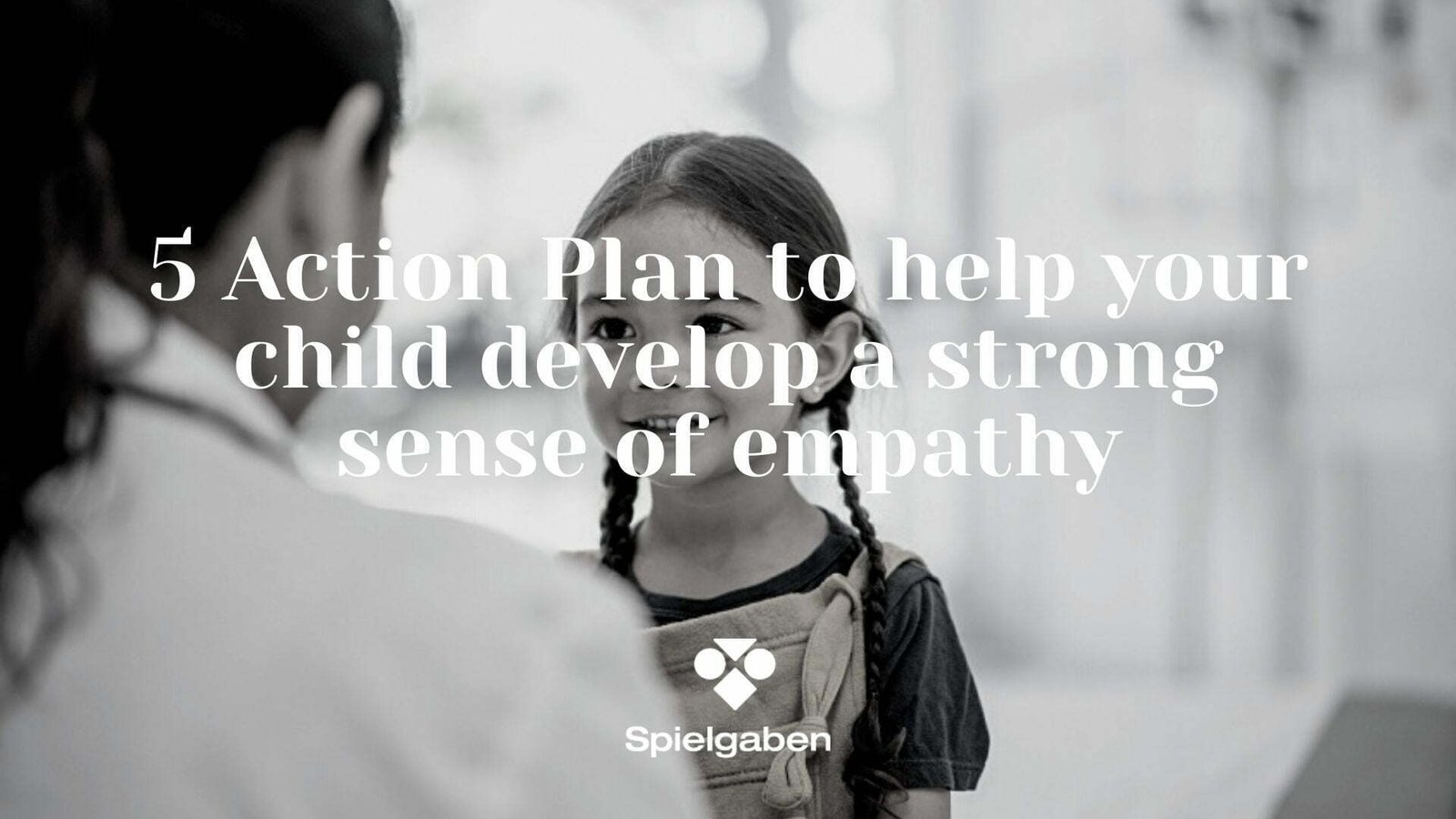

LEAVE A COMMENT